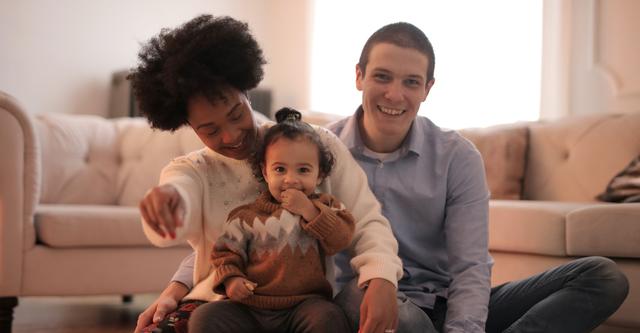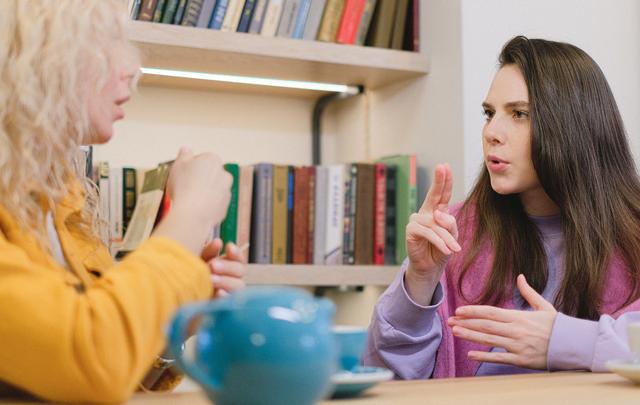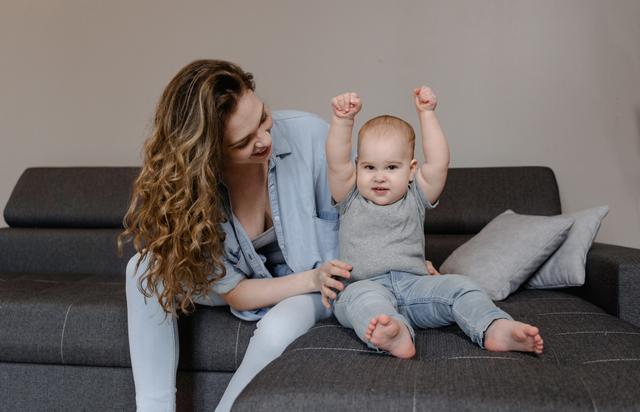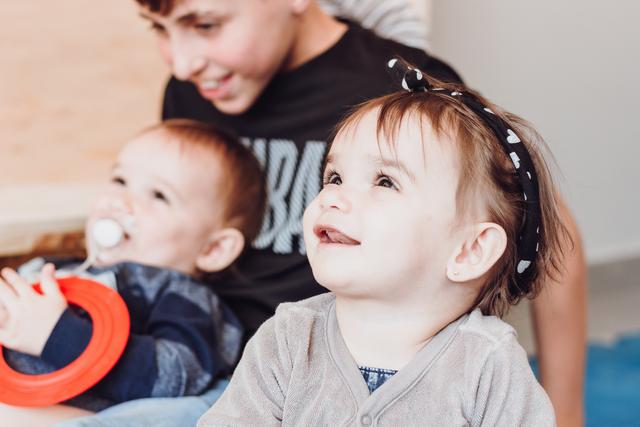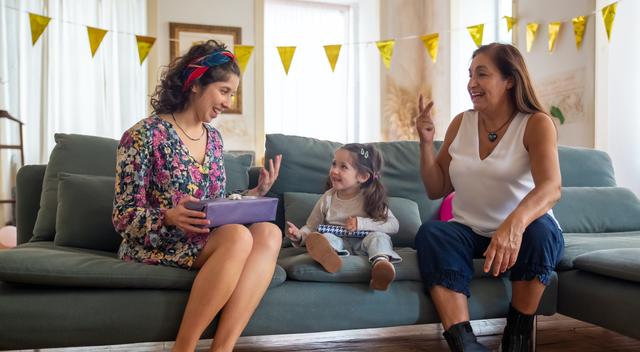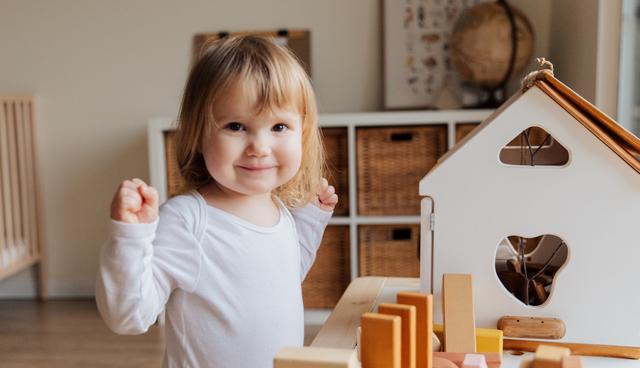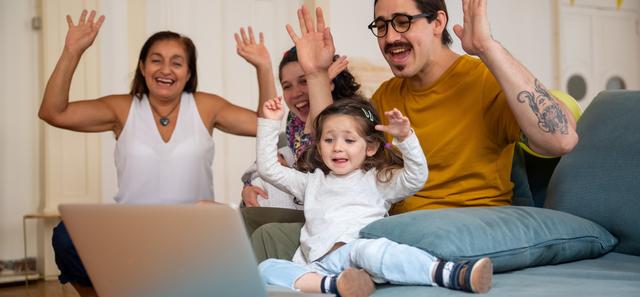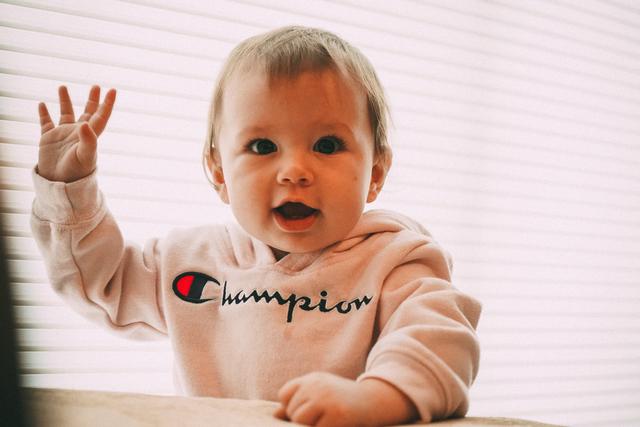Baby Signing Articles
Baby Signing For Kids In The UK
Baby Signing, commonly referred to as Baby Sign Language (BSL), is an integral communication method taught to infants and toddlers in the UK, enabling them to convey their needs and feelings before they can fully utilise verbal speech. This approach has seen a significant rise in adoption across the country since it first gained traction several decades ago.
Originally brought to the UK spotlight in the late 1980s and early 1990s by British educator Linda Acredola, Baby Signing was inspired by pioneering studies in the United States. Acredola adapted and promoted these techniques for UK audiences, laying the groundwork for a system that allows parents and young children to engage in more effective early communication.
As a part of language development, teaching simple signs to children not only facilitates early communication but also fosters a greater understanding between children and their caregivers. This method has woven itself into the fabric of parenting practices across the UK, with many families integrating sign language into their daily routines to enhance their interactions with their children long before they can speak.
Baby Signing courses and workshops have become a common feature in community centres, childcare facilities, and even online platforms, as demand continues to grow. These classes provide guidance and support for parents and caregivers, illustrating the practical benefits of integrating sign language from an early age. The adoption of Baby Signing has been marked by an ever-expanding community of practitioners who value and advocate for its use in early childhood communication.
The Benefits of Baby Signing
Baby Signing, or Baby Sign Language, offers remarkable health benefits for infants and toddlers, primarily by fostering early developmental advantages and reducing day-to-day frustration. This method enhances parent-child interactions, significantly boosting emotional development through more nuanced and effective communication. The engaging process of learning signs bolsters cognitive functions in young children, such as memory retention, attention span, and problem-solving capabilities.
These cognitive improvements are closely linked to the accelerated development of language skills. Babies taught sign language can actually begin to form word-to-concept connections earlier, a foundational step in effective language use. Moreover, Baby Signing serves as a practical tool to lessen behavioural issues; it allows children to express their needs and emotions clearly from a very young age, mitigating frustrations and tantrums.
Additionally, it assists in social skill development among young learners. By interacting through signs, children learn vital social cues and enhance their ability to communicate within peer groups. This early development of communication skills can lead to better social interactions and emotional regulation as they grow. Hence, Baby Signing not only supports early communication but also contributes significantly to the holistic health development of children.
FAQs
What is Baby Signing and how does it benefit my child? Baby Signing, or Baby Sign Language (BSL), is a communication method where infants and toddlers are taught signs to express their needs and emotions before they can speak fluently. The benefits are manifold: it enhances parent-child interaction, improves cognitive and social skills, boosts early language development, and reduces frustration and tantrums by providing a means for effective communication.
At what age should I start Baby Signing with my child? You can start introducing your child to Baby Signing as early as six months. However, most children start to show interest and ability to learn signs from around nine to twelve months. The actual start time can vary, reflecting each child's unique development pace and interest.
How many signs should I initially teach my child and which ones are the most useful? Begin with a manageable number of basic signs to avoid overwhelming your child. Start with essential signs like "milk," "more," "eat," "drink," and "all done." These signs cover typical daily needs and desires, making them both practical for your child to use and easy for them to learn. Over time, as your child masters these, you can expand their sign vocabulary based on their needs and interests.
Does Baby Signing delay speech development in children? No, Baby Signing does not delay speech development. Contrary, it supports and may even accelerate language development. It provides a foundation for children to understand and use language, bridging the communication gap until they are ready to speak. It aids in enhancing verbal skills once children start speaking.
Can Baby Signing help children with special needs? Yes, Baby Signing is especially beneficial for children with special needs, including those with hearing impairments, developmental delays, or other communication challenges. It offers an alternative communication method that can enhance language development, ease frustration, and improve overall interaction with others. Baby Signing is inclusive, providing critical communication tools that can cater to various needs and capabilities.
